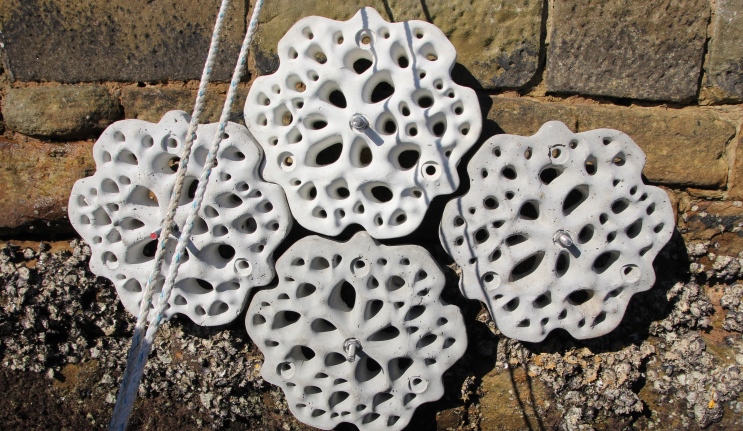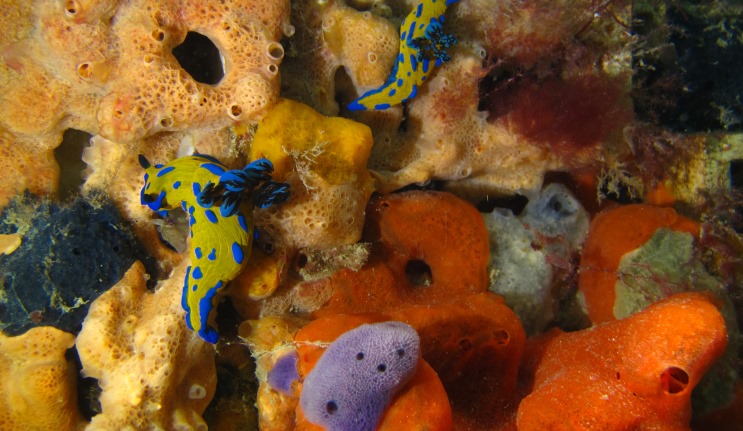
RESEARCH NEWS
Solutions for the future
With more than 85 per cent of Australians living in the coastal zone, ensuring that innovative solutions are developed to protect and enhance the coastal ecosystems on which we depend is vital. While coral reefs and polar ecosystems often grab the media attention, it is the temperate coastal ecosystems that are of greater ecological importance in terms of the services they provide – and the focus of Associate Professor Melanie Bishop’s work.
“Temperate coastal ecosystems are one of the most important ecosystems in terms of carbon sequestration and marine productivity, but they are also areas that have borne the brunt of human impact,” says Bishop.
Bishop is investigating how the coastal zone might be sustainably developed to protect estuarine and near-shore biodiversity and its important socioeconomic values. “My vision is to underpin environmental management of our coasts with cutting-edge science. I tackle questions that policymakers need addressed while simultaneously making important contributions to ecological thinking.”
One way she is doing this is as leader of the Green Engineering Work Group for the World Harbour Project. The group is developing solutions that will maintain and facilitate biodiversity in heavily urbanised environments, which includes retrofitting built infrastructures in estuarine and coastal environments with complex habitats, and transplanting native, habitat-forming species onto them.
“With support from the NSW Environmental Trust and philanthropists, we are now scaling up the use of habitat-enhancing tiles on entire seawalls to increase native biodiversity.”
Restoring Australia’s oyster reefs lost to overharvesting for food and lime is another focus of Bishop’s research. These reefs have declined by more than 95 per cent since European settlement. With a single oyster able to filter three litres of water an hour, the loss of functions they provide to maintain a healthy ecosystem, such as maintaining clean water, providing food and habitat for fish, and protecting and stabilising shorelines against erosion, has been significant.
“We are working with the oyster industry to assess how existing breeding programs, developed for aquaculture, may be adapted to support restoration programs. We are also using state-of-the-art techniques to map the habitat formed by remnant oyster reefs and GoPros to investigate how fish use them.”
It’s a dream come true for Bishop: “I always wanted to do research that was useful. I want to make sure that everything I’ve enjoyed is there for my daughter and future generations.”
worldharbourproject.org/workgroups/green-engineering/
Associate Professor Melanie Bishop from Macquarie’s Benthic Ecology Lab won the Jim Piper Award for Excellence in Research Leadership. Bishop investigates natural and human-mediated processes that control coastal biodiversity and its important ecosystem functions.
